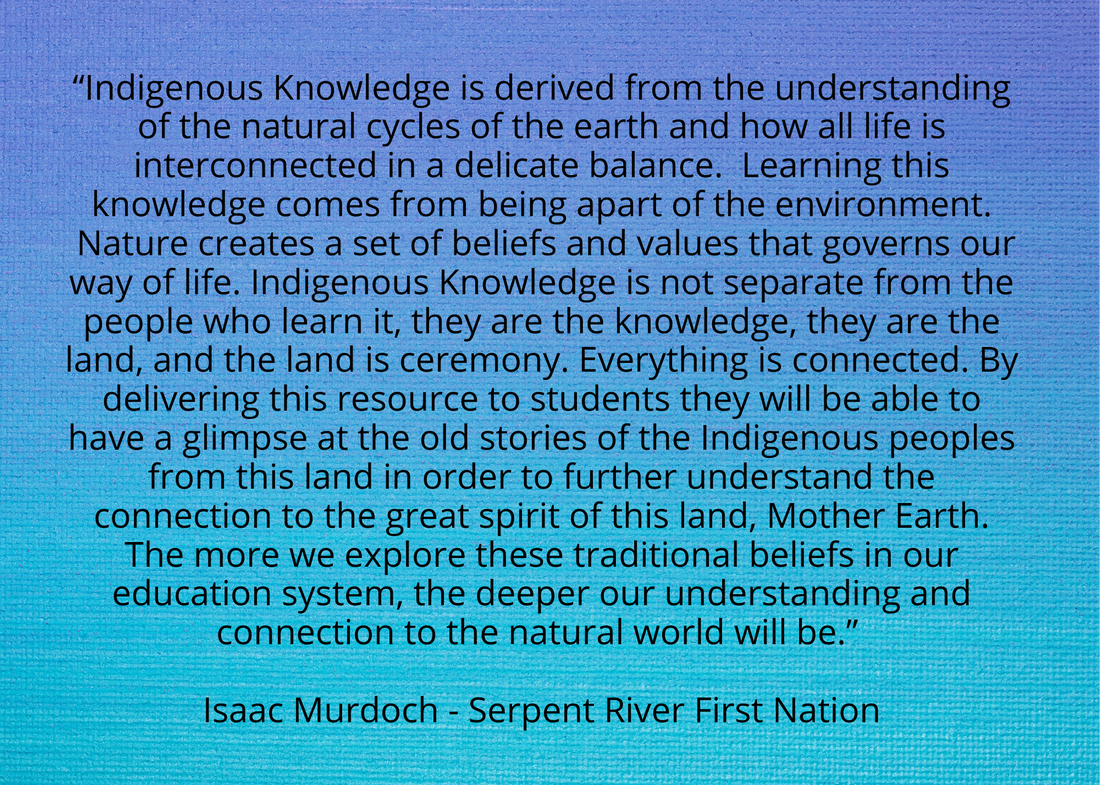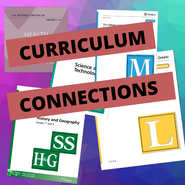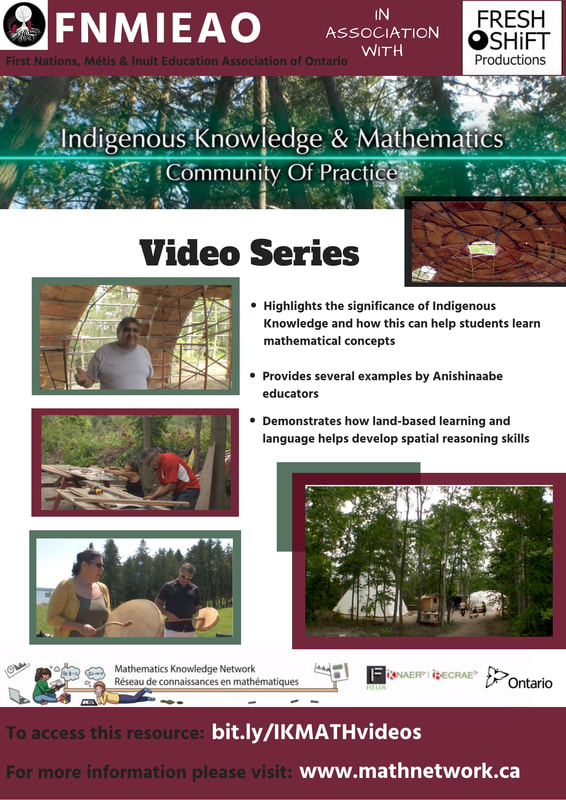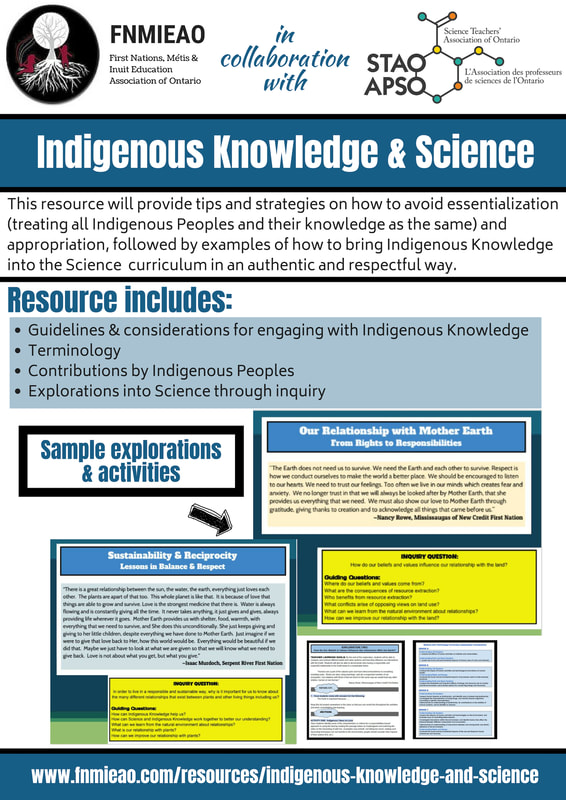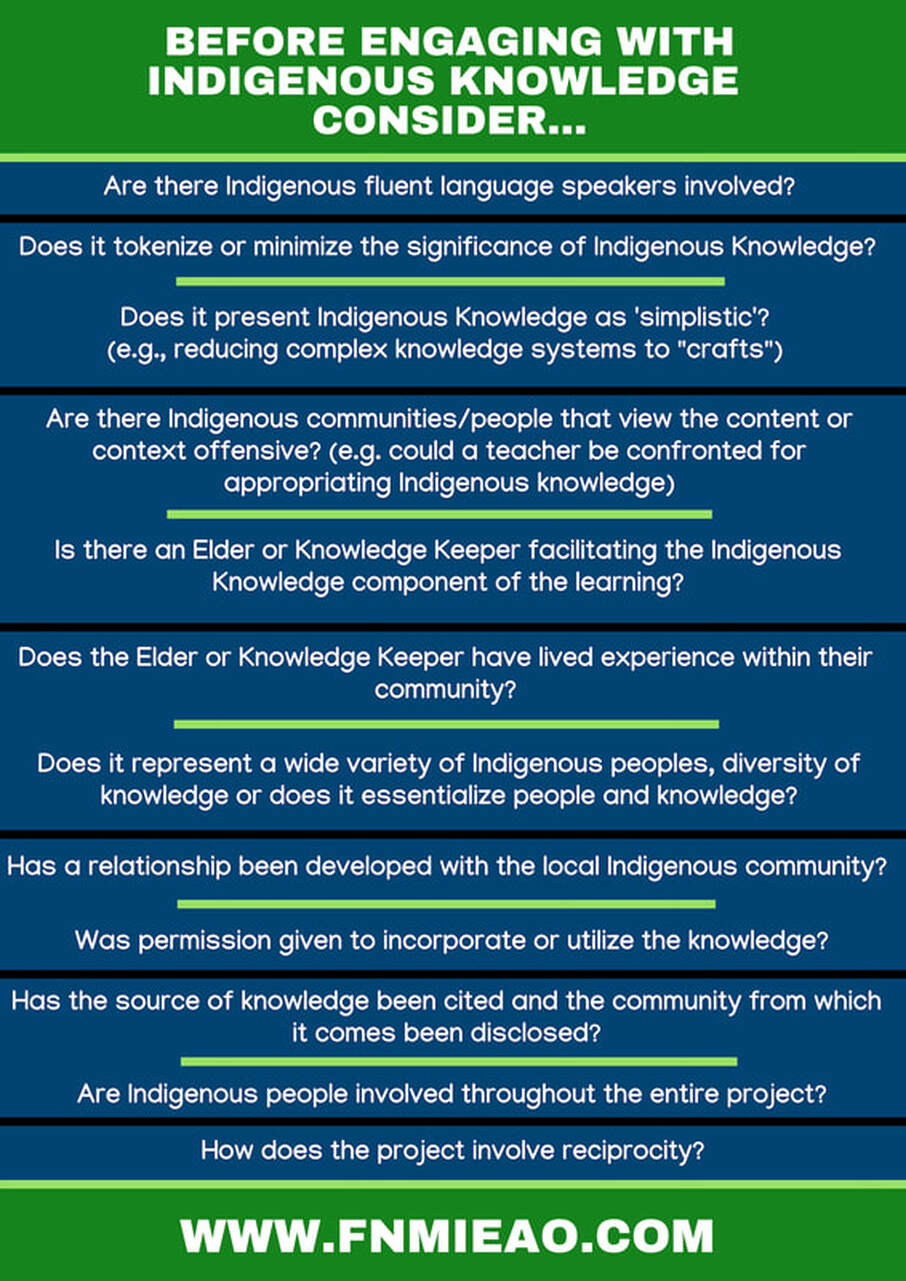FOR EDUCATORS
Colonialism & Indigenous Knowledge Systems
Before engaging with this resource, it is important to understand how colonialism has made Indigenous knowledge systems seem inferior. Mathematics, along with other subjects such as Science, are not neutral and have been used throughout the history of education to uphold harmful narratives of superiority while devaluing and degrading other knowledge systems through colonialism and imperialism. Western education carefully teaches us to only value this one way of knowing. The goal for this resource is to present an alternative way of thinking about math and how it is rooted in Indigenous knowledge systems. These systems of knowledge are deeply complex and rich in understanding with regards to mathematical concepts and science, and, most importantly, our connection to the natural world.
A Note About Colonialism
Colonialism has, and continues to have a devastating impact on Indigenous Peoples. From the dispossession of lands to the violence stemming from Indian Residential Schools, as well as numerous social and political impacts (e.g., the 60s scoop and now the millennial scoop, MMIWG2S, the Indian Act, etc.), Canada has been engaged in genocide.
(To access resources on the dispossession of land click HERE)
Part of Canada's "assimilation policies" have included cognitive imperialism. This process has devalued Indigenous Knowledge to only be seen as "myths and legends" or only recognized as "crafts", while creating a normative discourse that "western science" or "western knowledge systems" are superior and the right way.
(To access resources on the dispossession of land click HERE)
Part of Canada's "assimilation policies" have included cognitive imperialism. This process has devalued Indigenous Knowledge to only be seen as "myths and legends" or only recognized as "crafts", while creating a normative discourse that "western science" or "western knowledge systems" are superior and the right way.
|
Watch what Wilfred Buck has to say about how the use of the word "story" has become another way to perpetuate romanticism and devalue the sophistication of knowledge.
|
|
As educators, our job is to critically engage in a process of "decolonization" while also engaging in critical reflection into our own unconscious biases. As educators we must recognize that we have all, Indigenous and non-Indigenous, been impacted negatively through colonialism. In order to create positive changes in education, we need to look for opportunities to highlight and elevate Indigenous knowledge systems. We need to recognize how Indigenous peoples come from sophisticated societies with knowledge systems that are rich in an understanding of mathematics, physics, science and so much more!
We hope that this resource will help revitalize classrooms by exposing students to the beauty of Indigenous knowledge and engage all students in fields of STEAM (Science, Technology, Engineering, Arts, Mathematics).
For more resources on Indigenous Knowledge and Mathematics visit:
http://mathnetwork.ca/
bit.ly/IKMATHvideos
We hope that this resource will help revitalize classrooms by exposing students to the beauty of Indigenous knowledge and engage all students in fields of STEAM (Science, Technology, Engineering, Arts, Mathematics).
For more resources on Indigenous Knowledge and Mathematics visit:
http://mathnetwork.ca/
bit.ly/IKMATHvideos
For more resources on Indigenous Knowledge and Mathematics: |
For more resources on Indigenous Knowledge and Science: |
CLICK ON FLYER
Proudly powered by Weebly
